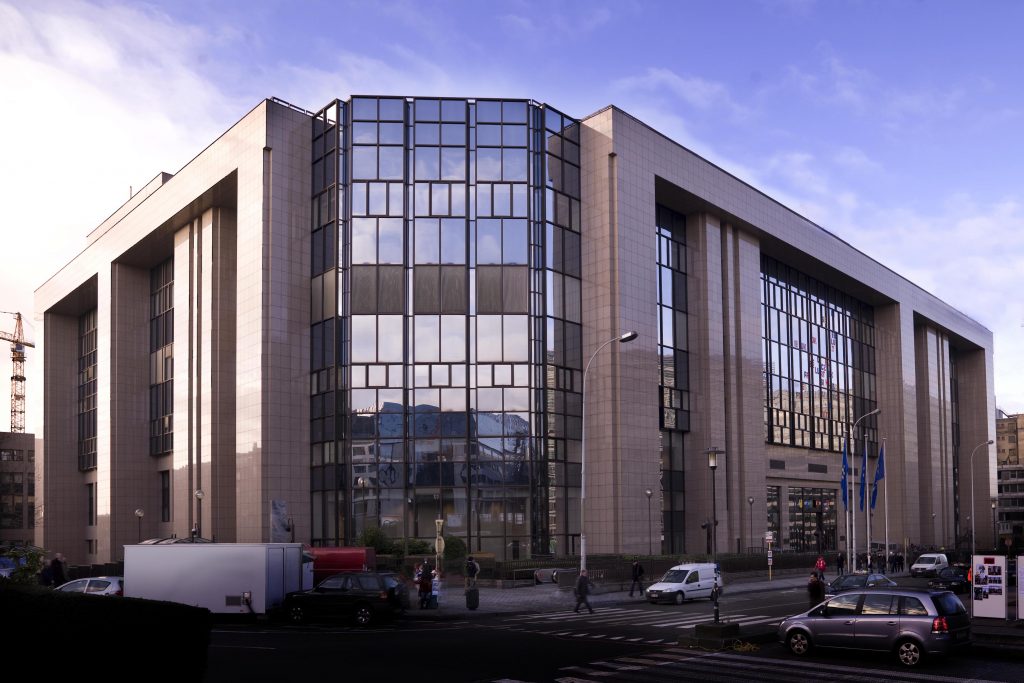All 27 EU member states, four responsible Commissioners, the European Ombudsman, and a cross-party coalition of 37 MEPs sign up to vaguely-worded “Transparency Pledge”.

On Thursday 23 September, EU member states and institutional actors issued a joint declaration on transparency. The so-called “Transparency Pledge” comes in the context of the the second European Citizens’ Panel of the Conference on the Future of Europe, which took place in Strasbourg over the weekend.
The declaration (shown below) was introduced by the Danish, Dutch, and German ministers for European Affairs, and was quickly adopted by all other EU member states, the four members of the Commission responsible for transparency affairs, the European Ombudsman, and 37 MEPs representing a cross-section of European parliamentary political groupings, including the christian democrats, social democrats, liberals, greens, radical left, and independents. Interesting detail is that while radical nationalist MEPs did not sign up to the declaration, the Hungarian and Polish governments with which they are politically associated did.


What’s being declared?
The pledge opens with some broad statements regarding the desirability of a “demonstrably accountable, effective, and transparent” Union which enjoys the trust of its citizens, and highlights steps towards these goals that have already been taken over the past years, including a minor expansion of the direct disclosure of Council legislative document agreed during the 2020 German Presidency.
It then continues by acknowledging that, “throughout the EU and its institutions, bodies and agencies, there is still more that we can and most do”.
To this end, “each and every one of us [signatories]” pledges to do more to improve the transparency of decision making. This pledge however remains rather general, comprising promises to “take steps”, and to “engage citizens in a discussion on how to foster a higher degree of transparency”. The declaration was therefore criticised by a former Transparency International researcher as “vague” and an instance of window dressing.
A zero-risk, feel-good bandwagon?
The declaration is inter alia displayed on the websites of the Danish, Dutch, Irish, and Swedish Ministry of Foreign Affairs. For these member states, the issue is the bread and butter of their substantive policy agenda. Member states such as Sweden, Finland, and the Netherlands have for decades consistently been engaged in a multi-front campaign to expand the transparency of Council decision making, particularly in relation to legislative activity. In other cases, such as Hungary, the substantive interest in signing up to the transparency pledge is less clear, and seems rather motivated by a desire not to be singled out by conspicuous absence.
On the whole, the ‘bandwagon effect’ is palpable, with even the most transparency-resistant EU member governments signing up to the declaration. The pledge therefore has overtones with the 2017 letter on enhancing transparency sent to four Presidents of the EU, a signed by all national parliamentary chambers in the EU.
That letter however, in spite of its diluted ownership, still had the effect of pushing the Eurogroup to develop a transparency policy, and kickstarting into motion a reorientation of the Council’s access to documents policy line.
It remains uncertain whether a similar effect will be observable following the most recent transparency declaration, and the Conference on the Future Europe that forms its vehicle.
The Transparency Pledge comes at a time when Frontex is under unprecedented public pressure to reduce the secrecy of its operations, the Council is being sued for increasingly legislating on the basis of informal documents kept outside of the public’s view, and an interinstitutional legislative observatory agreed in 2016 has been over half a decade in the making.



One reply on “Member states & EU actors jump packed transparency bandwagon”
[…] reacties op dit nieuwe pleidooi voor transparantie waren kritisch. De website Open Europe vond de plannen […]